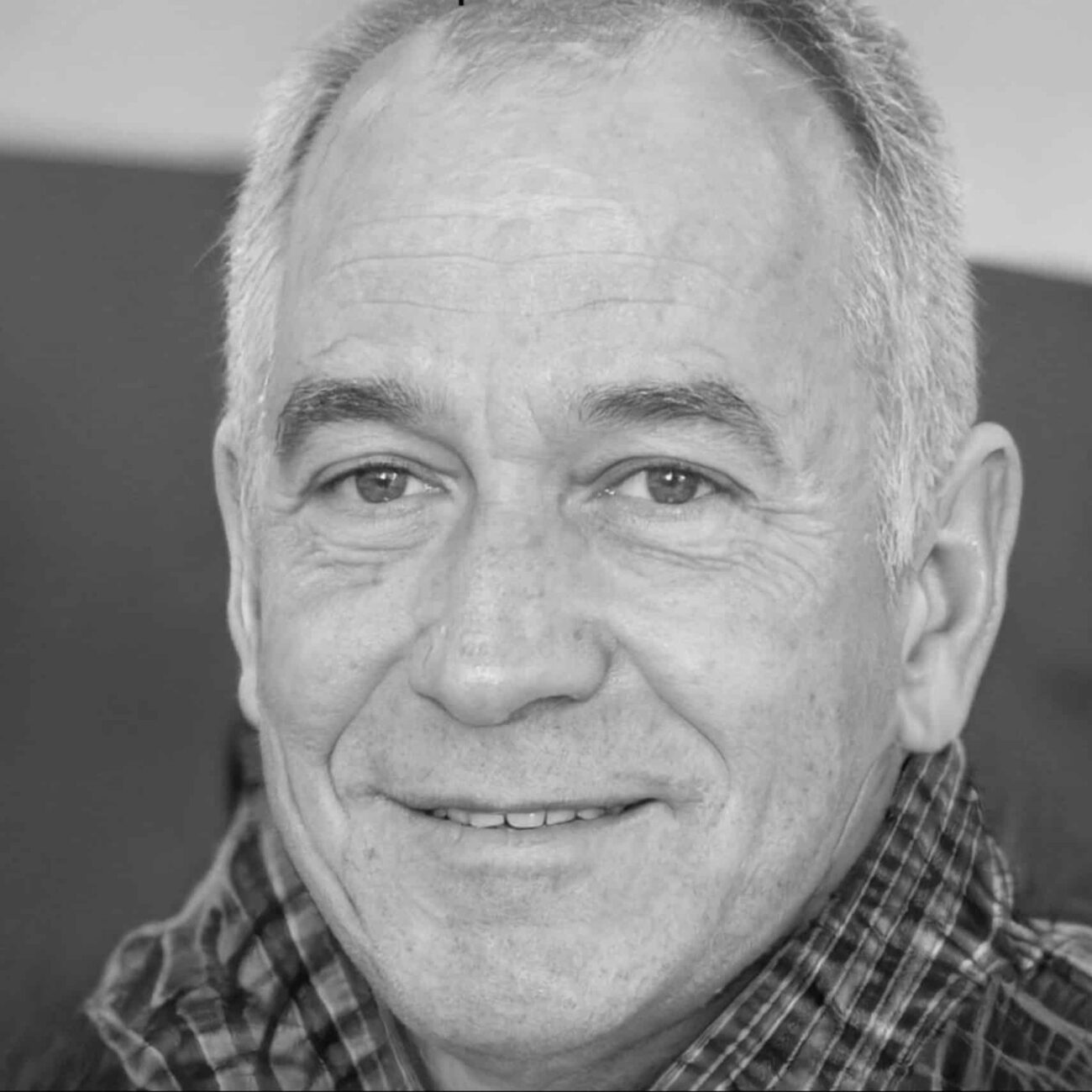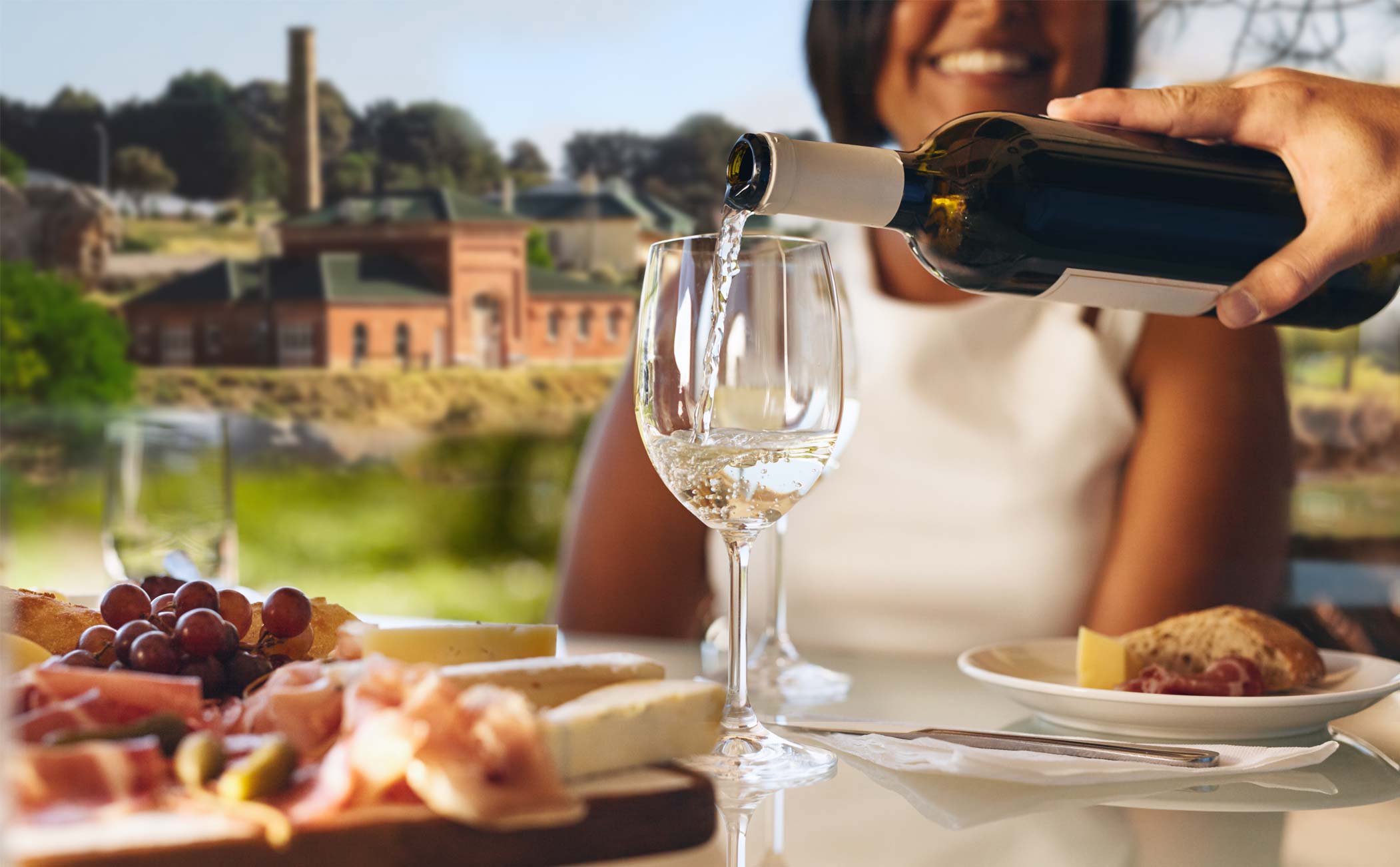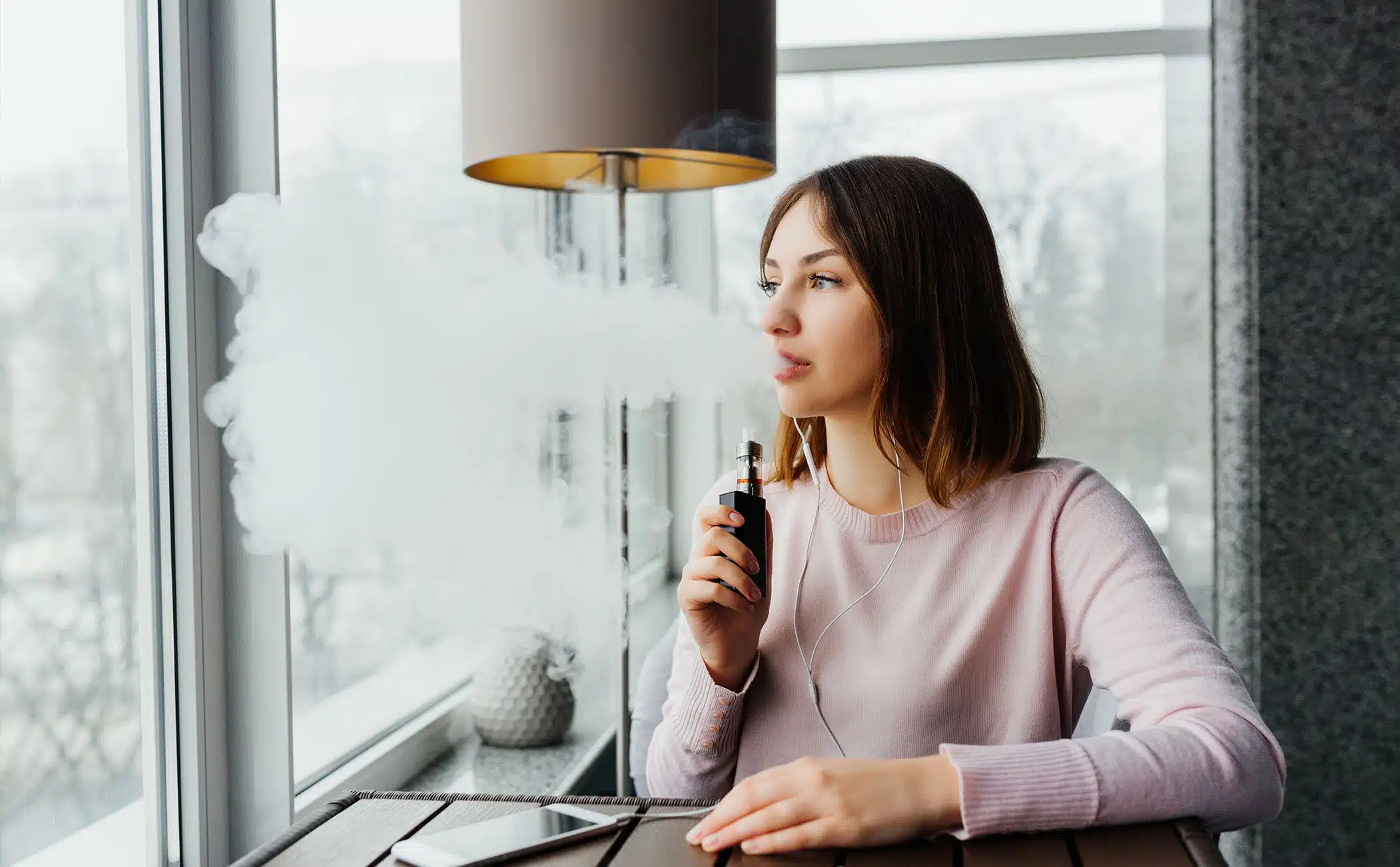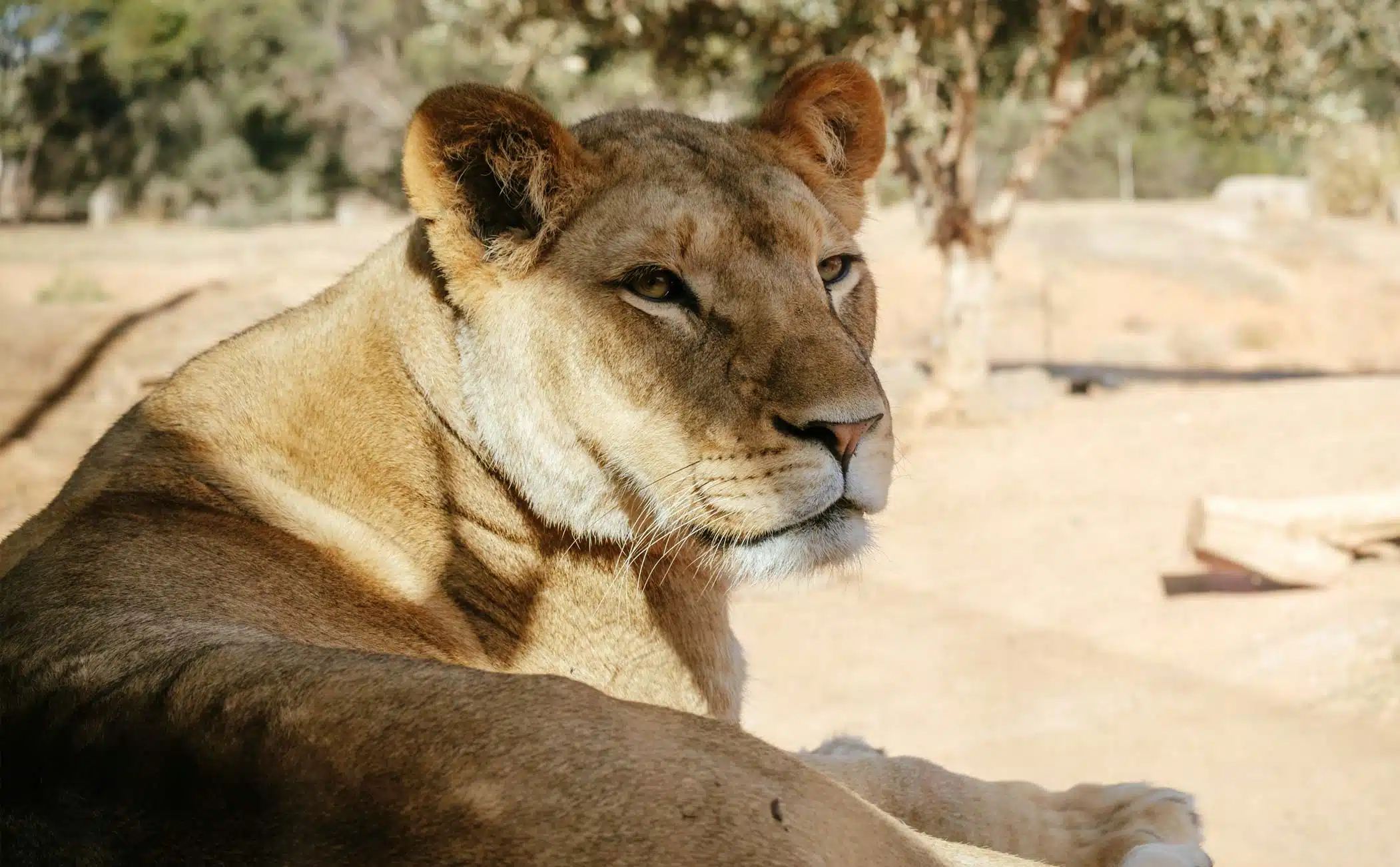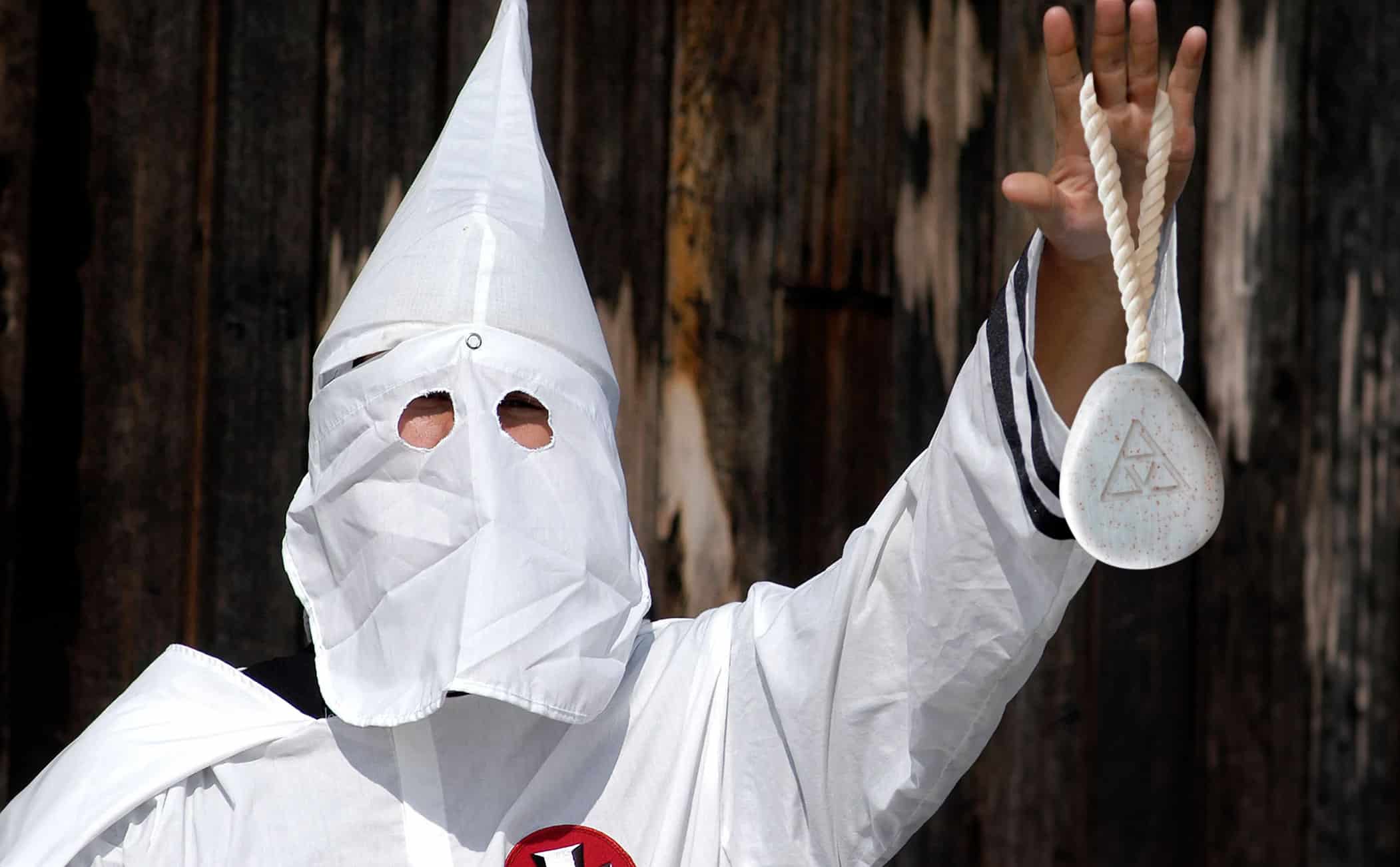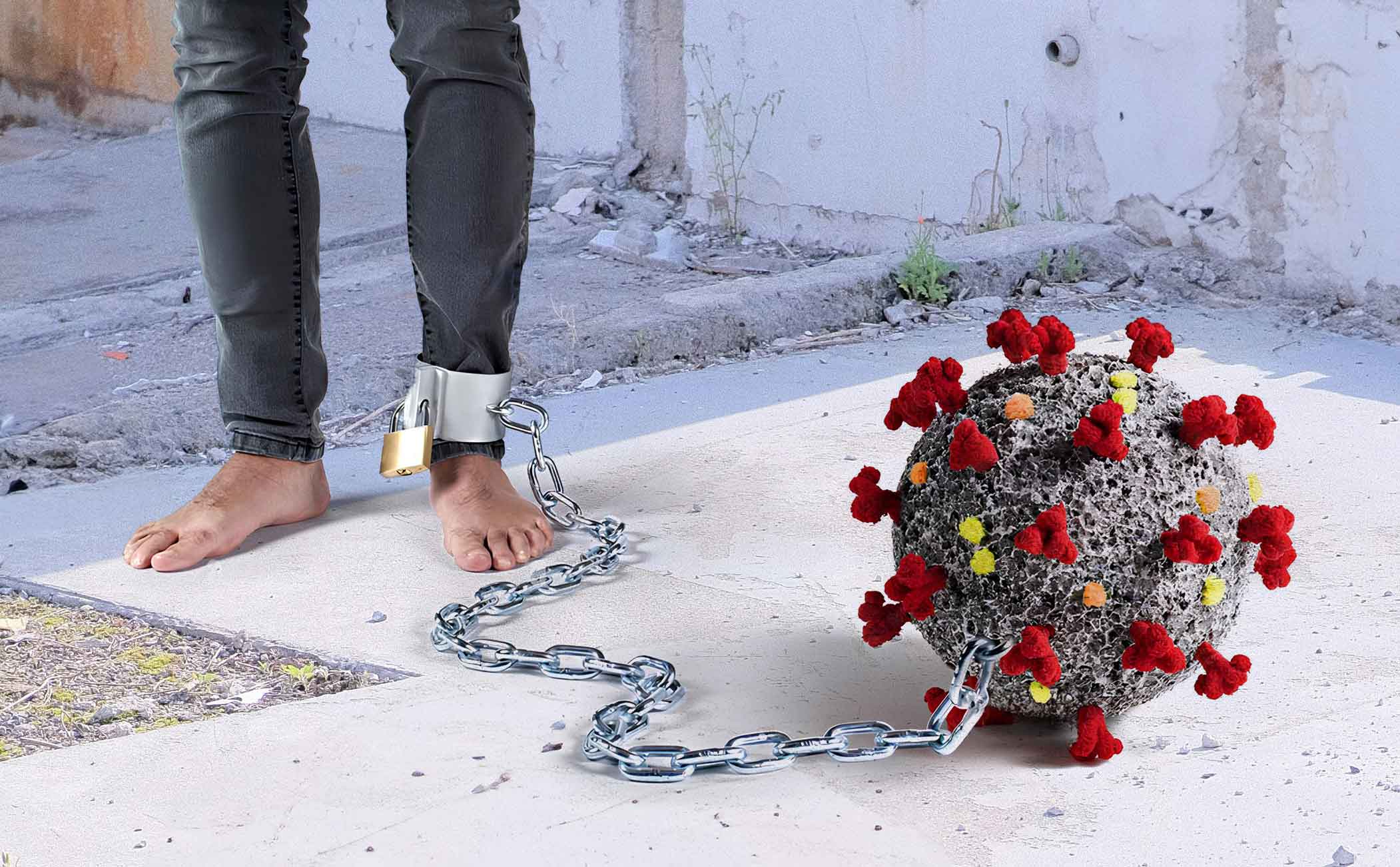In a worrying development for Tasmania’s aquaculture industry, wild fish caught near a salmon farm in the state’s south have tested positive for high levels of antibiotics, and not just trace amounts.
According to a report by ABC News, wild blue mackerel sampled near Huon Aquaculture’s Zuidpool lease in the D’Entrecasteaux Channel were found to contain oxytetracycline, an antibiotic used to treat bacterial infections in farmed salmon. The kicker? Some of the fish had concentrations up to 12 times higher than the maximum allowed in commercially sold salmon.
What Happened?
Back in February, Huon Aquaculture was battling a serious outbreak of Piscirickettsia salmonis, a bacterial pathogen that causes high mortality in farmed fish. To manage the outbreak, the company treated its salmon with over 1,100 kilograms of oxytetracycline over a 13-day period.
While the antibiotic was administered through medicated feed to contain the infection, residues apparently made their way into the surrounding marine environment and into the wild fish living nearby.
A Widespread Industry Problem
This outbreak wasn’t isolated. In fact, Tasmania’s three major salmon producers reported more than 13,500 tonnes of fish deaths to the EPA between January and March this year, one of the worst quarters on record.
It’s no surprise, then, that environmental groups are sounding the alarm. The presence of antibiotic residues in wild species raises questions about marine ecosystem health, the potential for antibiotic resistance, and the overall sustainability of open-net salmon farming.
Is It Dangerous?
Tasmania’s Director of Public Health has stepped in to reassure the public, saying the levels found are within safe bounds for humans and align with Food Standards Australia New Zealand (FSANZ) risk assessments.
However, the mere fact that wild fish are showing any quantifiable remnants of aquaculture antibiotics is enough to sound the alarm among scientists and conservationists.
What’s Next?
Huon Aquaculture, controlled by Brazilian agribusiness giant JBS, claims it’s reviewing the way it uses antibiotics and is going to increase transparency in its farm practices.
Meanwhile, the Tasmanian EPA is still monitoring the site, testing for wild fish and local water to assess the longer-term environmental impact. There will be growing pressure put on salmon farmers to reduce antibiotic use and move to more closed-loop or land-based models of farming.
Final Thoughts
This incident spotlights the challenge of conserving and balancing large-scale food production. Salmon aquaculture is becoming more popular in Tasmania and elsewhere, and such risks and reactions to them will become increasingly important.
If you’re worried about what’s happening in our oceans, it’s worth keeping an eye on how this saga develops.
